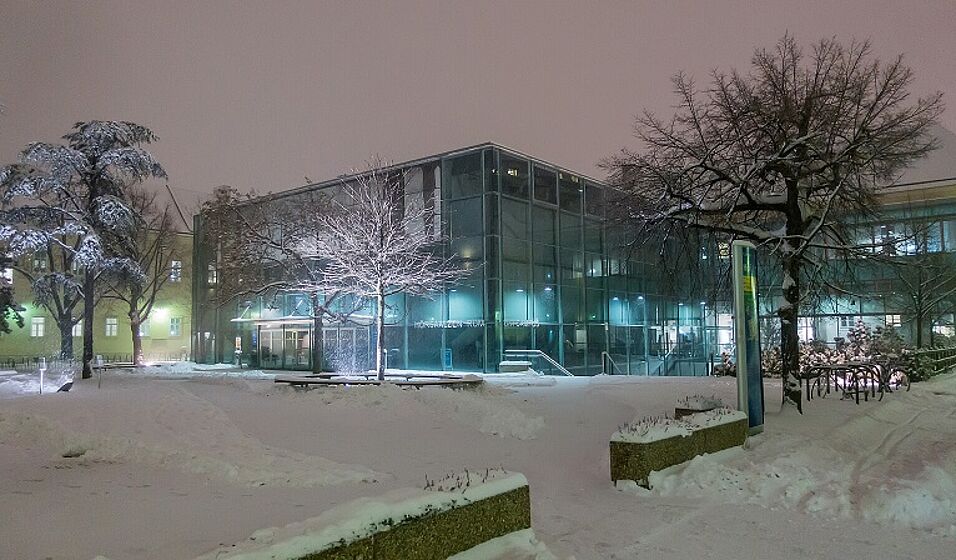The faculty first conducted a self-evaluation, followed by an evaluation of research performance and key evaluation topics by international peers. Due to the Corona pandemic, the usual on-site visit had to be replaced by online evaluation interviews with the rectorate and faculty members.
The five-member evaluation group, chaired by Professor Mieke Van Herreweghe, Vice-Rector at Ghent University, summarised their assessment as follows:
„The faculty is a large one with 14 departments and 81 full professor chairs. It is a very heterogeneous faculty but at the same time that is its success story. One third of the professors have been employed in this evaluation period and a good many of them are internationals. The internationals were attracted by the faculty’s reputation of excellence and the possibilities with respect to cooperation. The panel acknowledges the fact that more international faculty is being recruited at the faculty through the system of tenure-track positions and we really applaud this development.
The faculty is very successful in international rankings, also thanks to its research performance. The faculty has determined a number of strategic choices such as investment in digital humanities and mediality, including an impressive MediaLab. The faculty continues to pursue excellence but at the same time it has opted for a very broad range of subjects. Strategically the faculty wants to continue in this direction and the panel supports those choices although it would encourage the faculty to think about slightly diminishing the range of subjects. Nevertheless, we do appreciate that the faculty offers a number of small but excellent unique programmes.
The Faculty’s research impact is impressive, with major visibility in a number of areas for current affairs (East Asia, Music), an enviable array of science to public activities (“Sparkling Science”, “University Meets Public”, “A Long Night of Research”, “Vienna Children’s University) and faculty-organised public lectures, as well as cooperation with industrial partners.
While the diverse structure of disciplines in the faculty makes it necessary to base the discipline-based training in the departments, a doctoral school could serve as an umbrella to not only offer courses relevant for all doctoral students in the faculty, for example in research methods, good academic practice, or transferrable skills, but to also provide a framework for a structured doctoral training programme. A doctoral school could ensure quality control, monitor the progress of doctoral students and provide funding to support doctoral students in fieldwork or conference travel. Moreover, by creating a doctoral school as an umbrella for graduate education in the faculty, the interdisciplinary exchange among doctoral students and participating faculty members could provide valuable insights and new perspectives on doctoral research. Such a doctoral school should be open for all doctoral students at the faculty, independent of their funding or employment at the university.“
The reviews of the institutes and the peer report on the faculty as a whole contain a series of recommendations for further improvements in the areas of research strategy, personnel structure planning, digitisation, teaching and learning, and administrative support for academics and students.
The evaluation results were discussed internally within the faculty as well as with the rectorate. Measures were derived and recorded in the implementation agreement between the rectorate and the faculty. Implementation takes place in the course of the upcoming development planning, appointments, tenure track procedures, curricular development, review of mobility agreements, measures in teaching and learning as well as through the target agreements. Implementation monitoring is part of the target agreement process.
Peer report and statement of the faculty are available for university members at https://www.qs.univie.ac.at/en/evaluation/faculties-centres/evaluation-reports/.

